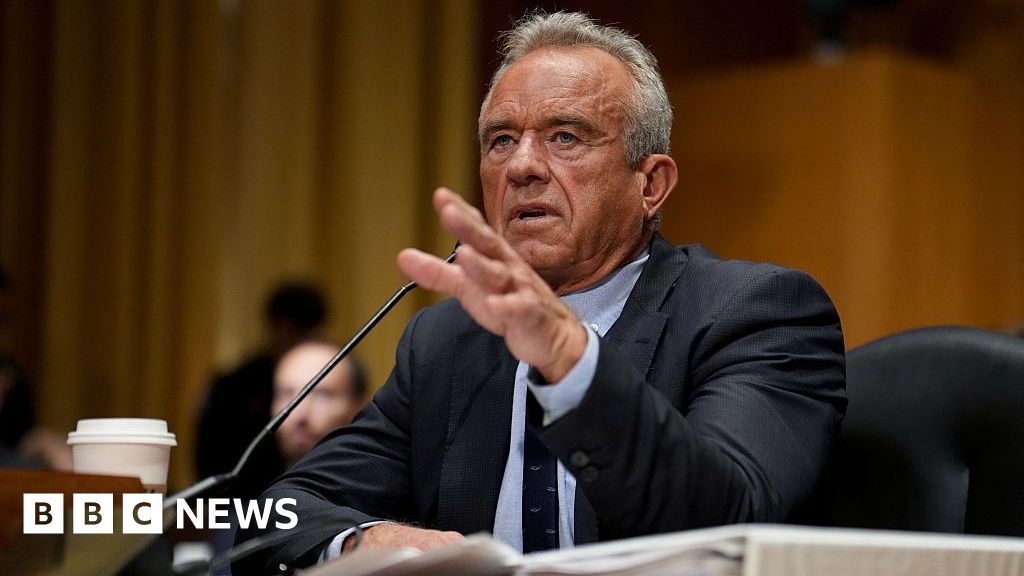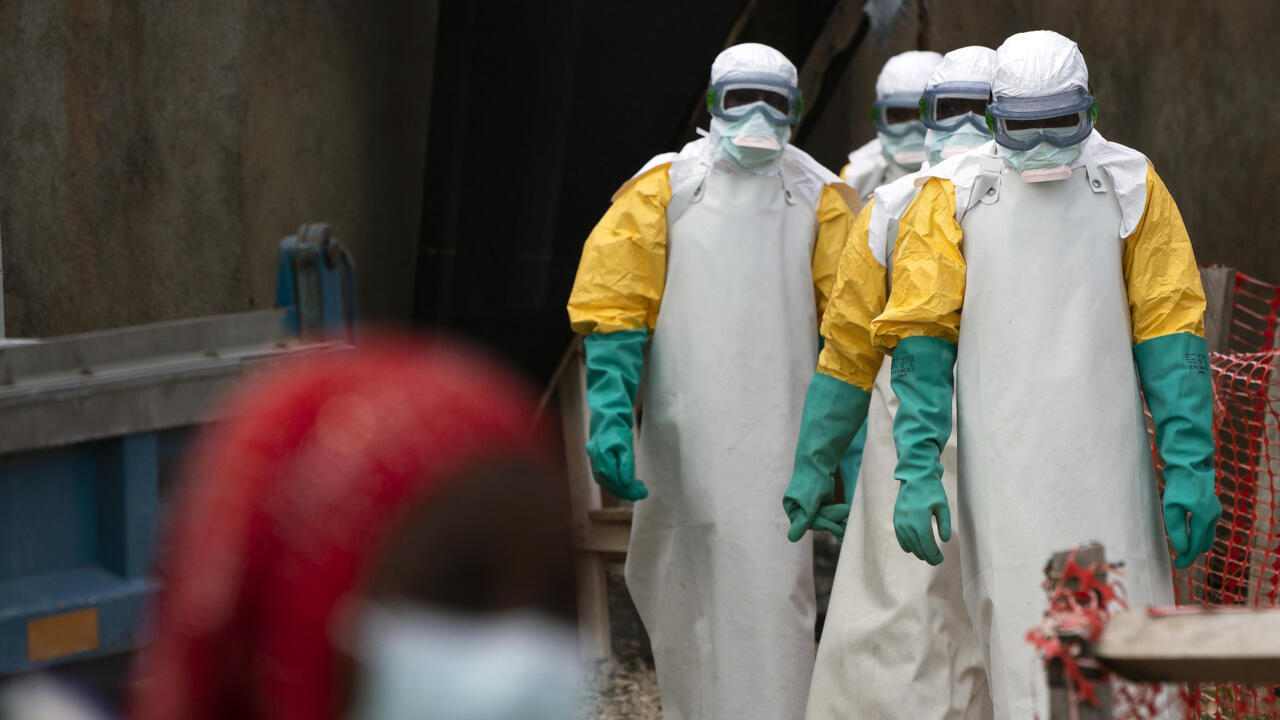Global education funding is facing sharp reductions that could leave an extra six million children out of school by 2026, the UN Children’s Fund (UNICEF) warned on Wednesday.
Official Development Assistance (ODA) for education is projected to fall by $3.2 billion – a 24 per cent drop from 2023 – with just three donor governments accounting for nearly 80 per cent of the cuts.
Such a decline would push the number of out-of-school children worldwide from 272 million to 278 million, UNICEF said – the equivalent of shutting every primary school in Germany and Italy combined.
“Every dollar cut from education is not just a budgetary decision, it’s a child’s future hanging in the balance,” said UNICEF Executive Director Catherine Russell.
Children in crisis hit hardest
The heaviest impact is expected in regions that are already vulnerable. West and Central Africa could see 1.9 million children lose access to school, while 1.4 million more could be pushed out across the Middle East and North Africa.
In total, 28 countries stand to lose at least a quarter of the education aid they rely on. Côte d’Ivoire and Mali face some of the steepest risks, with enrolment projected to fall by 340,000 and 180,000 students respectively.
Primary education will be hit hardest, with funding expected to drop by one-third. UNICEF warns this could deepen the global learning crisis and cost those children affected an estimated $164 billion in lost lifetime earnings.
In humanitarian contexts, the cuts could be devastating. In the Rohingya refugee response, 350,000 children risk losing access to basic schooling permanently.

© UNICEF/Whatiq Khuzaie
Displaced children in a classroom in Baghdad, Iraq.
Call to protect education
The crisis will also threaten vital services. School feeding programmes – sometimes a child’s only reliable meal – could see funding halved, while support for girls’ education is likely to shrink. At least 290 million children who remain in classrooms could also face a decline in learning quality.
UNICEF is calling on donors to direct at least half of all education aid to least developed countries, safeguard humanitarian funding, and prioritise early years and primary schooling. It also urges reforms to make financing more efficient and sustainable.
“Education, especially in emergency settings, often serves as a lifeline,” Ms Russell said. “Investing in children’s education is one of the best investments in the future – for everyone.”
Where next?
Latest news
Read the latest news stories:
- Gaza: With a suitcase for a school bag, classrooms have become shelters Wednesday, September 03, 2025
- Funding cuts could push 6 million more children out of school, warns UNICEF Tuesday, September 02, 2025
- UN refugee agency urges support to end displacement for millions of Syrians Tuesday, September 02, 2025
- Daily malnutrition deaths continue as Israeli forces push further into Gaza City Tuesday, September 02, 2025
- WHO sounds alarm as mental health conditions soar past one billion worldwide Tuesday, September 02, 2025
- Sudan: Hundreds feared dead in Darfur landslide Tuesday, September 02, 2025
- Afghanistan quake: Aid teams still scrambling to reach survivors Tuesday, September 02, 2025
- Cooling La Niña could be back, but global temperatures set to rise: WMO Tuesday, September 02, 2025
- Guterres calls for strengthening multilateralism in address to Shanghai Cooperation Organization Monday, September 01, 2025
- Guterres condemns detention of more UN staff in Yemen Monday, September 01, 2025
Link to this page from your site/blog
Add the following HTML code to your page:
<p><a href="https://www.globalissues.org/news/2025/09/02/40686">Funding cuts could push 6 million more children out of school, warns UNICEF</a>, <cite>Inter Press Service</cite>, Tuesday, September 02, 2025 (posted by Global Issues)</p>… to produce this:
Funding cuts could push 6 million more children out of school, warns UNICEF, Inter Press Service, Tuesday, September 02, 2025 (posted by Global Issues)

 2 days ago
7
2 days ago
7









 English (US) ·
English (US) ·